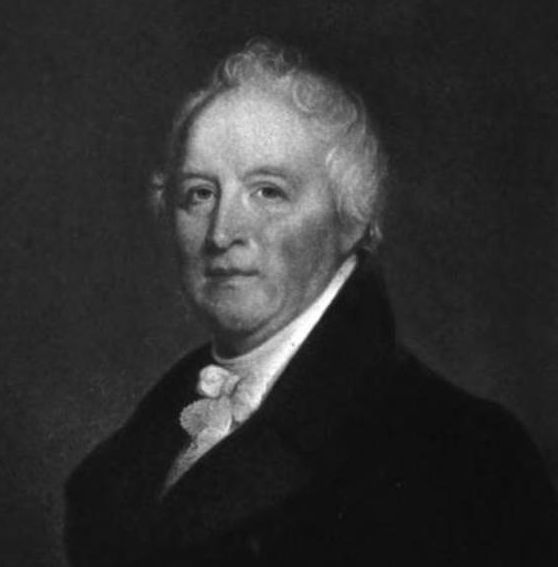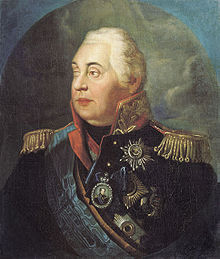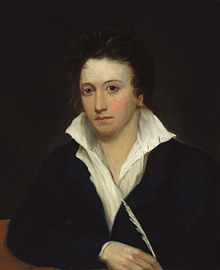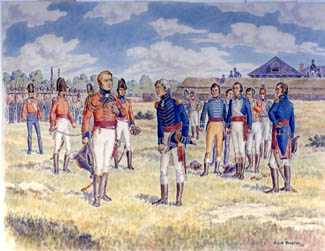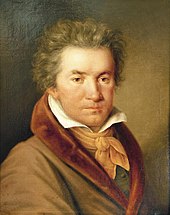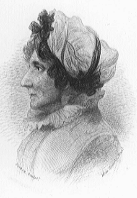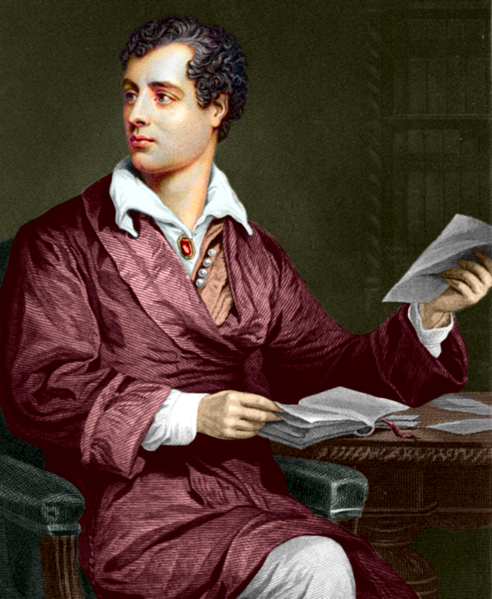 On August 15 1812, President James Madison writes to his Secretary of the Treasury, Albert Gallatin:
On August 15 1812, President James Madison writes to his Secretary of the Treasury, Albert Gallatin:
James Madison letter to Albert Gallatin, 15 August 1812
Washington, August 15, 1812.
Dear Sir, - I have just received your favor of the 13th. I had proposed to set out for Virginia on Friday, and am very glad to learn that you will be with us before that takes place. I expect Mr. Monroe every moment; and Mr. Pinkney being within call, I shall be able to decide with the best advantage the several important questions on hand. Previous to the account of the loss of Michilimackinac, orders had gone for a reinforcement to Hull of 1500 men from Kentucky and Ohio. It is a little strange that no official communication of the revoking order has yet arrived from Great Britain, the order being dated on the 23d of June, and so many motives urging an immediate transmission of it. The solicitude on this point appeared from the hasty communication through Halifax before the measure was reduced to its due form. From debates in Parliament of the 18th and 19th of June, there must have been a sudden transition from the conditional suspension to the shape finally given to the Act. Maury writes from Liverpool (June 26) that shipments were taking place, without hesitation, of goods to an unexampled amount for the United States. It will be an unexampled instance of mercantile incaution if passports be not obtained, to be good in the event of war. The state of things which produced the revocation of the orders would insure the granting them if insisted on. Enclosed is the new Chancellor of the Exchequer's budget, with an interesting view on the subject by Huskisson.
Affectionate respects.



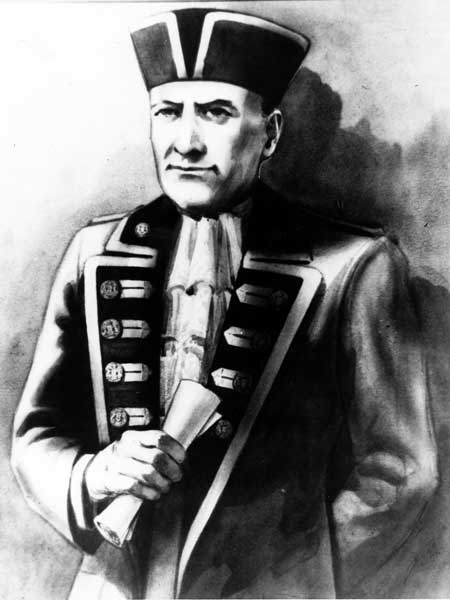

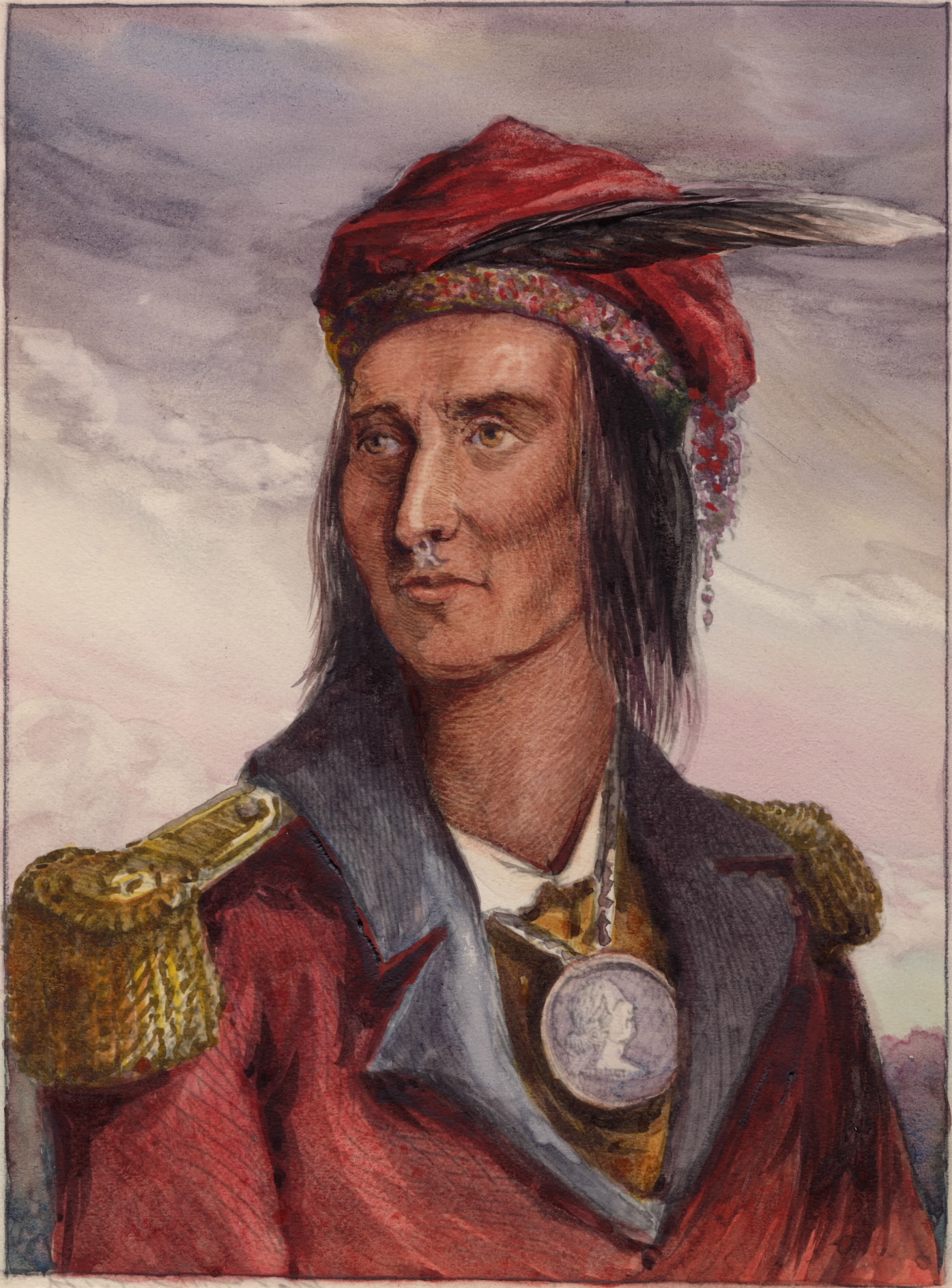
-2.png/220px-Isaac_Brock_portrait_1,_from_The_Story_of_Isaac_Brock_(1908)-2.png)




